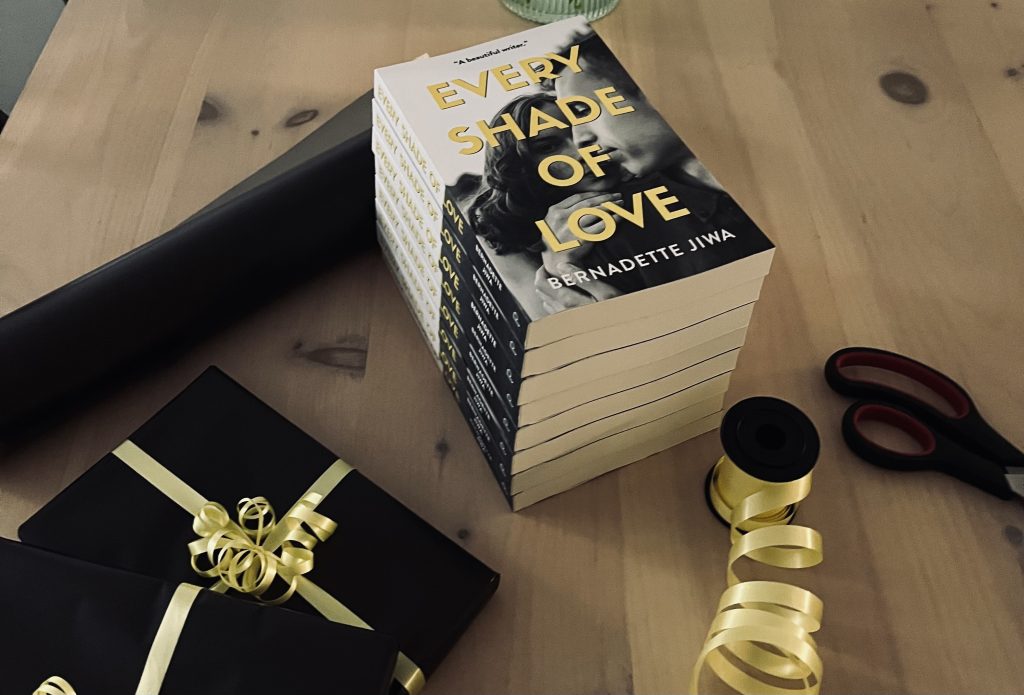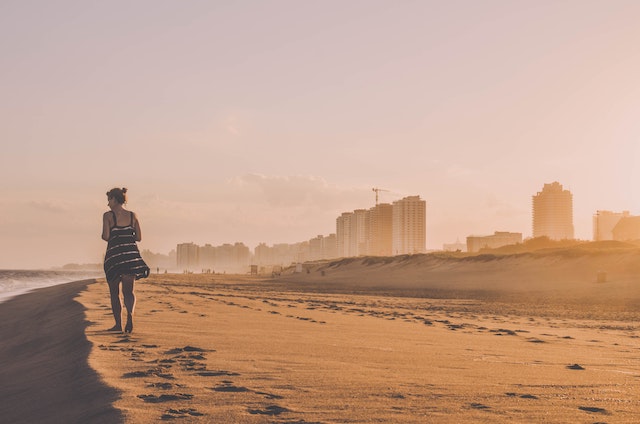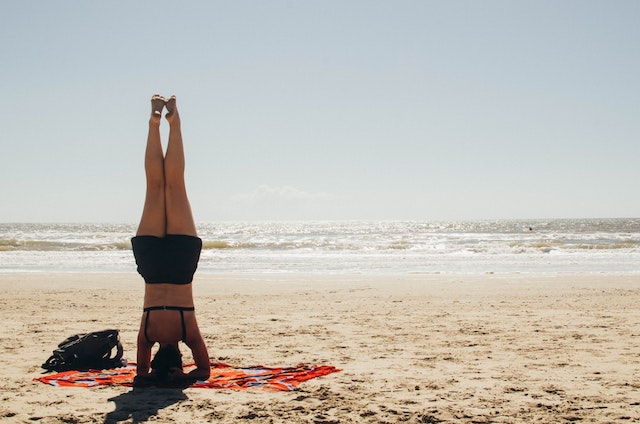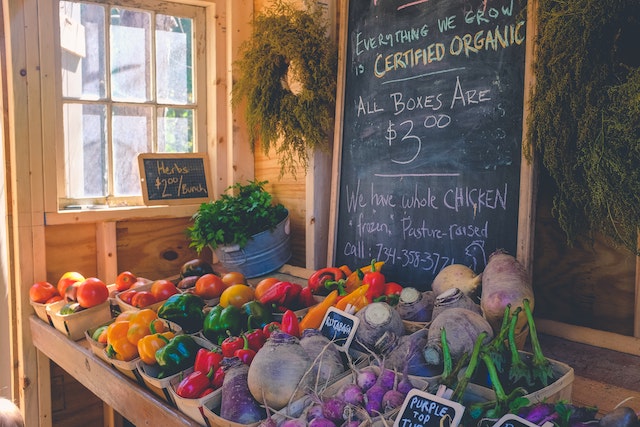Unlock the Magic in Your Story Now
Get the Free 20 questions to Ask Before Launching Your Idea workbook when you sign up for occasional updates.
Get the Free 20 questions to Ask Before Launching Your Idea workbook when you sign up for occasional updates.
Articles filed in: Worldview
Doing The Work Anyway
filed in Creativity, Meaningful Work, News, Storytelling, Worldview

Some people might say it takes a certain kind of madness to work on a project nobody is waiting for. Who in their right mind devotes months or even years to creating something no one said they wanted? And yet, that’s what our art requires of us. We show up and do it anyway, not because someone asked us to but because our persistent heart tells us we must.
Recently, I published my latest novel, Every Shade of Love. Nobody asked me to write it. No editor was eagerly waiting for me to turn in the manuscript, no publishing house shouting from the rooftops about its imminent arrival.
You didn’t say you wanted this book, but I spent nearly three years making it anyway, with love, for you.
Walking As Yourself
 The legendary British actress, Helen Mirren, says the hardest thing you can do is walk as yourself. She may have been speaking about acting when she said this, but I think her words carry wisdom we can use beyond the stage.
The legendary British actress, Helen Mirren, says the hardest thing you can do is walk as yourself. She may have been speaking about acting when she said this, but I think her words carry wisdom we can use beyond the stage.
Society conditions us to fit in from a young age. The way to fit in is not to do anything out of the ordinary. By definition, that means ignoring possibilities and opportunities to explore different paths.
But progress, fulfilment and joy are a by-product of exploration.
Ironically, what the world that tries to make us conform needs most from us, is for us to walk as ourselves. To contribute as only we can. To find our voice and follow our path, then to shine a light for others as we go.

Images by Paz Arando
On Sufficiency
filed in Worldview

My favourite childhood stories were those written by Laura Ingalls Wilder about her pioneer family and life in the Big Woods of Wisconsin. Her family lived on their wits. They were grateful for what they had and prepared for uncertain seasons. In tough times they made do and relied on their skills, but also turned to their community for help.
The world of the Ingalls Wilder books was in sharp contrast to the era of the TV industrial complex I was growing up in. Non-stop advertising taught us not only that what we had wasn’t sufficient. But that somehow we were not sufficient, unless wore the right jeans, looked a certain way and our hair smelled of green apple shampoo.
We lived in a world where homemade was seen as the choice for people with little freedom to choose. A time when it became easier to replace than repair and making do was a sign of not having enough.
Now, in this time, when our movements and choices are restricted, those of us lucky enough to still be healthy and working are relearning what it means to be grateful for what we have. We’re finding joy in reclaiming skills that nourish us. We are rekindling our resilience. And we are remembering that we are more than enough.
Image by Soroush Karimi
The Limitations Of Labels
filed in Worldview

Last week, an Australian journalist was quoted in the media as saying that millennial workers lack resilience. She expressed concern over their need for thanks and hugs.
On the same day, our millennial plumber was due to arrive to investigate a leak. Even though we’re isolating during the pandemic, this was an essential repair, and tradespeople were still working.
That morning, he called ahead to let me know he’d be on time. When I opened the door, he was standing on the front doorstep masked-up, next to his new Gen Z apprentice. They were already removing their boots.
‘The last job we were on was messy,’ the plumber explained. ‘We don’t want to trail mud all through your house.’
He made small talk about the only thing anyone is talking about—the virus.
‘A guy working on our last job wasn’t wearing a mask,’ he said. ‘I have heaps in the van. I offered him one, but he wouldn’t take it. It’s up to every one of us to do the right thing.’
The two young men climbed onto the roof. I could hear the older, more experienced one calmly and carefully teaching the younger one as he began to investigate the problem. When they were done, the apprentice asked if he could borrow a dustpan and brush to sweep up before they left.
As they were packing up, I couldn’t help thinking about how much trust I had in these two young men.
Sometimes labels convey meaning. But often they are an unhelpful barrier to mutual respect and shared understanding. The best judge of character isn’t a label prescribed according to the date or circumstances of our birth. It’s how each of us shows up to contribute.
Image by Linus Francis
Expect The Good
filed in Meaningful Work, Strategy, Worldview

There is no way of knowing if the organic vegetables I bought today were grown without pesticides. But I trust that they were.
When I order gluten-free bread for a friend, I trust my baker has used the right flour.
I believe the chocolate inside the bar labelled ‘fair trade’ is ethically produced.
Every day we rely on millions of people we’ve never met to tell the truth and do the right thing. And they do.
Our culture and our society depend on us expecting the good. And we do.
Image by Neonbrand
The Will And The Way
filed in Meaningful Work, Worldview
 My grandmother was fond of repeating the proverb: ‘Where there’s a will there’s a way.’ She’d say it to encourage us to try.
My grandmother was fond of repeating the proverb: ‘Where there’s a will there’s a way.’ She’d say it to encourage us to try.
I don’t think I’ve fully appreciated its power until now.
Seeing how our communities and local businesses have adapted to the pandemic restrictions is proof of how innovative and resilient we are.
If someone had told you six months ago: I’ve lost count of the number of times in recent weeks I’ve heard these words in conversation.
There are so many things that none of us could have predicted at the start of this year. Probably most surprising and wonderous of all is how we can and do adapt in service of the collective good.
When it matters we find the way.
Image by Mika Baumeister
On Influence
filed in Story Skills, Success, Worldview

Many of us go through life feeling powerless to change things. After all, not everyone has leadership status or power conferred upon them. We sometimes believe that influence is a top-down construct—that we can have the most influence from a position of authority.
Let’s challenge that assumption.
Think about someone whose impact helped change how you see the world.
My uncle Larry was that person for me. He was the youngest of my grandmother’s eleven children—born with a genetic disorder that caused many health issues throughout his life and his premature death. Larry never knew his father, who died as he lay sleeping in bed next to him and my grandmother when he was a year old.
When he was thirteen, Larry’s headmaster told him he was too tall to be at school and instructed him to leave. That was the end of his formal education. It was hard for him to find manual work because he was often sick. He learned to love reading and was curious about the world. He chain-smoked and spent hours tinkering with big motorbikes.
Larry introduced me to the library when I was seven. I grew up in a house with no books, so joining the library changed everything. Larry was the one who unlocked the magic of books for me. He taught me to play chess and ride a bike without training wheels. When I went with him to his outpatient hospital appointments, we sat in the canteen over lukewarm tea and Club Milk biscuits watching doctors and nurses coming and going in the corridors. ‘You could be a doctor or a nurse one day,’ Larry said. He was the person who encouraged me to expect the most for and from myself.
I’m willing to bet the people who’ve had an impact on you rarely had the authority to do so. Each one of us, regardless of our status, can choose to be an encourager—an agent of possibility for others.
Image by Seth Stoll
The Right Thing
filed in Meaningful Work, Worldview
 Long before digital platforms, social media and online reviews we’ve had the incentive to do the right thing.
Long before digital platforms, social media and online reviews we’ve had the incentive to do the right thing.
The need for the protection of our tribe and a sense of belonging to our community meant we adhered to rules and norms for the benefit of the collective good. We needed to do right by others, not just ourselves if we wanted to belong. In the past, it was difficult to say one thing and do another.
In a digital world, this is not the case. We can pay lip service in public on occasion without doing the hard, often unseen work of caring every day.
There’s a difference between being seen to do the right thing and doing the right thing. Everyday actions speak louder than occasional words.
Image by Dan Meyers
The Future We Want To See
filed in Worldview

Sometimes we fail to act because we’re afraid of saying or doing the wrong thing.
So we say and do nothing and wait for the discomfort of the moment to pass.
It’s easier to turn a blind eye than it is to simply say: ‘This is not okay.’
But the future we’re building together depends on every one of us being brave enough to say those words.
The courage to say and do what’s right is the foundation upon which we will build the future we want to see.
Image by Guy Bassabose
